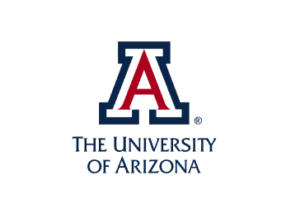Indigenous Graduate Education in Science and Engineering - Southwest (IGESE-SW)
Scientists and Engineers are tasked with tackling some of the largest and most complex national and global challenges this century, making jobs in this sector the fastest growing of any other sector in the United States. But the fields of Science and Engineering have a diversity problem which inhibits a vibrant, creative, and diverse talent pool. Many higher education programs have responded to this issue by creating programs intended to narrow the diversity gap in STEM fields. While these efforts have begun to bridge the gap for some underrepresented minority populations, American Indians and Alaska Natives (AI/AN) remain the least represented group of students in graduate degrees in STEM fields. The University of Arizona (UA) will improve persistence of AI/AN engineering students and impact faculty perceptions and attitudes through the inclusion of indigenous and more conversational methods of interaction.
This project addressed the issue of low numbers of AI/AN science and engineering practitioners by implementing and investigating several culturally relevant program components designed to impact the relationships among AI/AN students, faculty mentors, and Tribal Nation leaders. The novelty of this pilot project was in the systematic implementation and assessment of program modules, grounded in education science and social theories that were hypothesized to dramatically improve persistence of AI/AN in STEM graduate programs, especially in engineering.
The model contains four major components that reflect a holistic, empirically-based, systems approach to the successful persistence of AI/AN graduate students:
1) Financial Assistance: partnering with the SLOAN scholarship program at UA for tuition funding for indigenous engineering students;
2) Community-driven research: relationship building with local tribal partners;
3) Indigenous Faculty Mentoring: Indigenous Mentoring Program as part of a faculty training initiative; and
4) providing student integration and professional skills development to increase a sense of belongingness and professional engineering preparation.
These four components are individually critical, collectively powerful, and provide an empowering, positive, and persistent graduate academic career for AI/AN students from all tribes and Native communities.
Read the abstract

